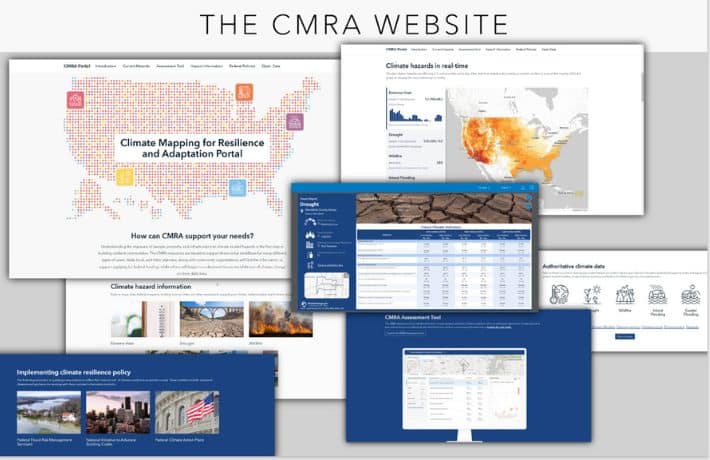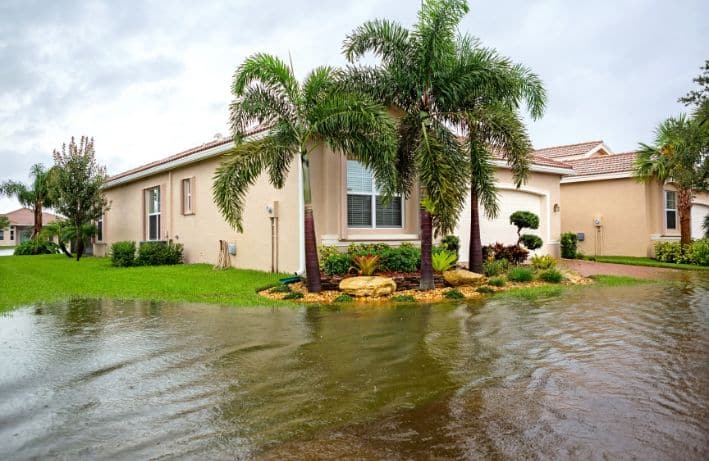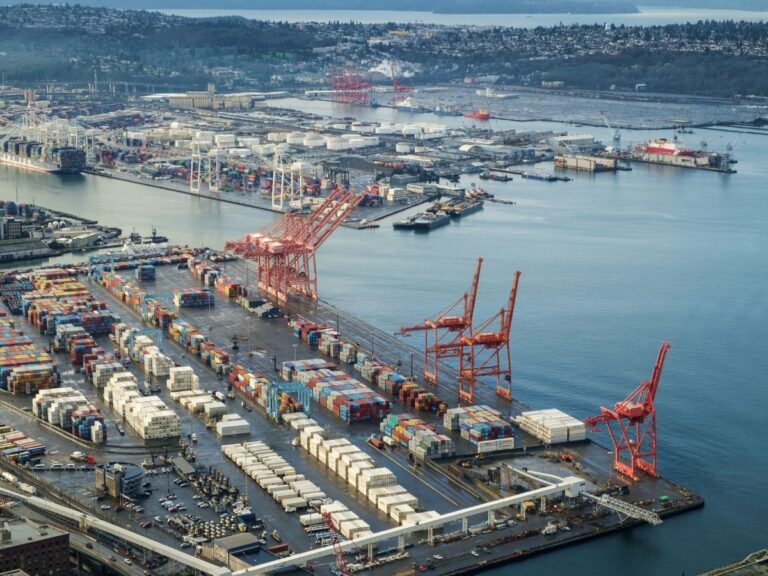Mayors Share Climate Concerns in Latest Survey
Nearly all mayors are worried about the local impacts of climate change with drought, extreme heat, flooding, and air pollution topping their list of climate concerns. Only 3% of mayors say they are not concerned about the effects of climate change on their cities.
These are some of the findings from the latest Menino Survey of Mayors, a national survey of America’s mayors conducted annually by Boston University’s Initiative on Cities. Released last month, the 2022 survey provides a snapshot of mayoral views on climate issues, their sense of the tools they have at their disposal, and their enthusiasm for using them. It also highlights their thoughts on community engagement as well as disinformation, which has important connections to climate action, but also has much broader implications.
“Our city continues to prepare for the impacts of climate change, from rising sea levels to increasing frequency and strength of hurricanes,” said Tampa Mayor Jane Castor. “While this crisis is a global one—calling for collaboration across all levels of government, the private sector, and citizens—mayors have been at the forefront of climate innovation, creating policies and tools that mitigate impacts, build resiliency, and address environmental justice concerns.”
Not surprisingly, there are regional differences in terms of what’s considered the biggest climate threats. Flooding is a top concern for those in the Midwest (76%), Northeast (71%), and South (68%) while drought and wildfires dominate in the West.

What, if any, local impacts of climate change are you very worried about? Choose all that apply.
Mayors cite their city’s influence over building codes (55%) and zoning (38%) as their top two most powerful climate tools. These views did not vary with city size or average housing prices, however there were some regional differences with Midwestern mayors choosing building codes less, and power over zoning more, than mayors from other regions.

Whether or not you are inclined to use them, which TWO of the following are the most powerful potential tools your city government has related to climate change?
Local decisions about climate change can require direct engagement with residents. Mayors are almost perfectly divided as to the helpfulness of public meetings. About half see public meetings as a “valuable source for learning about the views of the community,” while the other half say they mainly “provide information from a non-representative group and can be a misleading source of public views.”
There is also no consensus as to the best way to hear concerns from marginalized communities Roughly equal proportions of mayors cite 1) private meetings with community groups, 2) community meetings, and 3) direct outreach on the street as the best way to hear the concerns of underrepresented groups.
The Menino Survey invited all mayors of cities with more than 75,000 residents to participate. In total, 118 mayors from 38 states took part in the survey and follow-up phone interviews between June and August 2022. There were more mayors from the West (35.6%) and South (34.7%) than the Midwest (17.8%) and Northeast (11.%).



